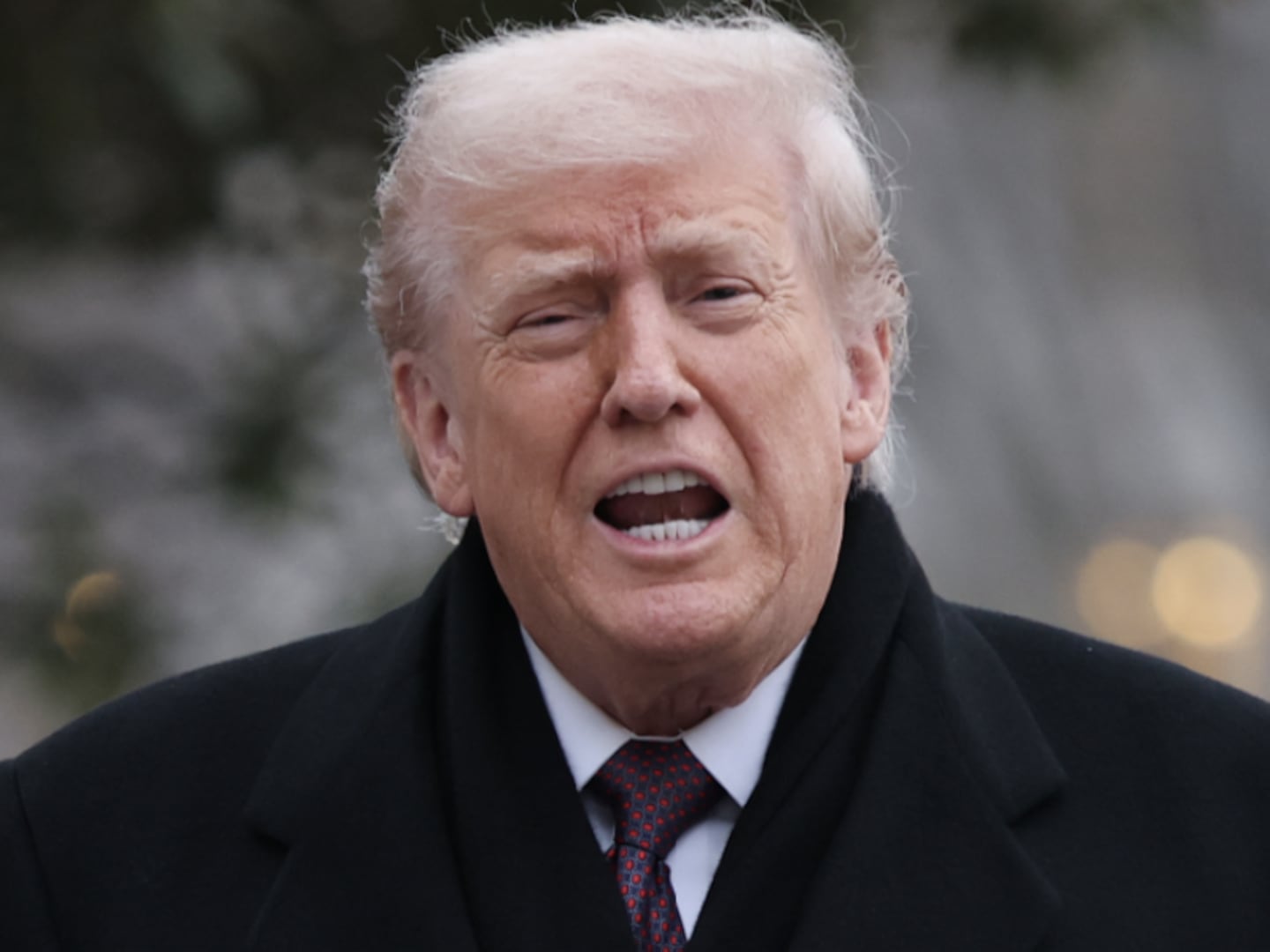
The newly crowned Miss Universe, Stefania Fernandez—a 5’11” Venezuelan beauty with a neck long enough to impress a flamingo—is pretty much the biggest deal in her home country right now. Fernandez’s giddy coronation on August 23 was watched by 75 percent of the Venezuelan television audience (more than the percentage of American viewers who watched this year’s Super Bowl). Last month, Fernandez was celebrated in a four-hour, This Is Your Life-style special on Venevision; when she made an offering of one of her crowns at a church in Caracas, she was nearly stampeded by an enthusiastic mob.
But as Fernandez sorted through a month’s worth of congratulatory phone calls, she noticed one distinctive voice was absent: Hugo Chavez, Venezuela’s president. When Fernandez met us at Miss Universe headquarters in New York last month, she was still waiting for Hugo.
“I don’t think any differently of him, not calling me,” Fernandez said. She sounded disappointed but was wearing her pageant smile.
Click Image Below to View Our Gallery

Chavez’s failure to call Fernandez wasn’t an innocent faux pas. Chavez, a socialist, hates beauty pageants. But in an example of how pop-culture obsessions can thwart his iron fist, Venezuela has noted El Comandante’s disapproval and then proceeded to turn out a roster of beauty champions—four Miss Universe and Miss World winners since 1991. The Venezuelan beauty industry, and its beauty queens, exist in a kind of diplomatic limbo. Fernandez was crowned in August by Dayana Mendoza, another Venezuelan who was the 2008 Miss Universe. Chavez didn’t call Mendoza, either.
For a jilted beauty queen, Fernandez, the current Miss Universe, seemed to be enjoying herself immensely. When we met, she was wearing a purple tank top and dark jeans and giggling as she swiveled back and forth to her interpreter. “I was about 6, in 1996, when I watched my first Miss Universe pageant,” she said. It was the golden, pre-Chavez age of Venezuelan pageantry, when the country named its state-owned oil tankers after beauty queens. As a young Fernandez watched, Miss Venezuela Alicia Machado became the latest homegrown champion to become Miss Universe. “I remember I was very taken by the way the girls modeled their clothes,” Fernandez said, “and thus I started modeling my mother’s clothes around the house.”
“I don’t think any differently of him, not calling me,” Fernandez said. She sounded disappointed but was wearing her pageant smile.
Chavez became president in 1999 and began his familiar tirades against Yankee imperialism and materialistic excesses like plastic surgery. But beauty pageants, which seemed to embody both (Miss Universe is owned by Donald Trump), proved bigger than the president. The Miss Venezuela pageant is the country’s highest-rated TV show nearly every year. As the Miami Herald noted, plastic surgery has boomed under Chavez, with girls as young as 15 seeking out breast implants. Venezuelans do not watch beauty pageants with—score one for Chavez—a Yankee’s ironic detachment. “None of that applies here,” said Francisco Toro, author of the blog Caracas Chronicles. “Nobody has any sense that it’s anything other than wicked awesome.”
As soon as Fernandez was named Venezuela’s most beautiful woman, in September 2008, it was clear she had the potential to conquer the universe. She was given over to Osmel Sousa, the public face of Venezuela’s beauty industry. Sousa is often called Henry Higgins for his ability to take beautiful women and “make them perfect.” Sousa trained Fernandez at his pink villa on the north end of Caracas. He is an unabashed fan of plastic surgery; he likes to say, “This isn’t a nature contest.”
When she arrived at the academy, Fernandez was 17 and, Sousa told me, a shy, unworldly country girl. Fernandez and the exacting Sousa came to establish a kind of rapport. “He’s very easy to get along with as long as you do everything by the book that he tells you to do,” she said. Sousa’s daily regimen included classes on English, etiquette, hair and makeup, fashion, the art of walking. “I developed a sense of maturity because I was by myself without my parents,” Fernandez told us. “That was what I took the most from the education—I matured.”
Sousa is well aware of the artistic gulf between Venezuela’s reigning beauty queen and its president. “If politics comes up, I tell them to change the subject,” he has said. But that doesn’t always work. This spring, while Chavez was denouncing Guantánamo Bay as America’s “miserable prison,” Dayana Mendoza, who was then the reigning Miss Universe, paid a diplomatic visit to Guantánamo. She wrote a gushing blog entry: “I didn’t want to leave. It was such a relaxing place… The water…is soooo beautiful!” The post vanished from the Web shortly after.
But Chavez is nothing if not a cagey populist, and things took a surprising turn last week when Fernandez made her return to Venezuela. Maybe it was her entrance at the new Miss Venezuela pageant among falling rose petals, maybe it was the nonstop coverage on TV shows like Super Sábado Sensacional, but the president had a change of heart. Last Wednesday, he made a very belated call to Fernandez to convey his congratulations. "What a welcome joy to talk to Stefania Fernandez!” he told a TV station. He dubbed Fernandez “the daughter of Venezuela” and praised her work with AIDS awareness. What took so long? “I was in Russia when she won,” Chavez said, rather unconvincingly. But score one for democracy and pageantry. In a related story, Stefania Fernandez said her focus as Miss Universe would be international relations.
Bryan Curtis is a senior editor at The Daily Beast. His story about his grandfather’s softball career is in The Best American Sports Writing of 2009.






